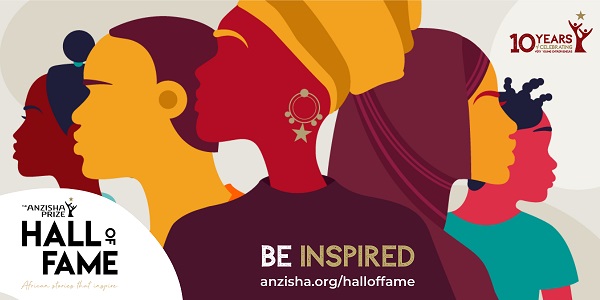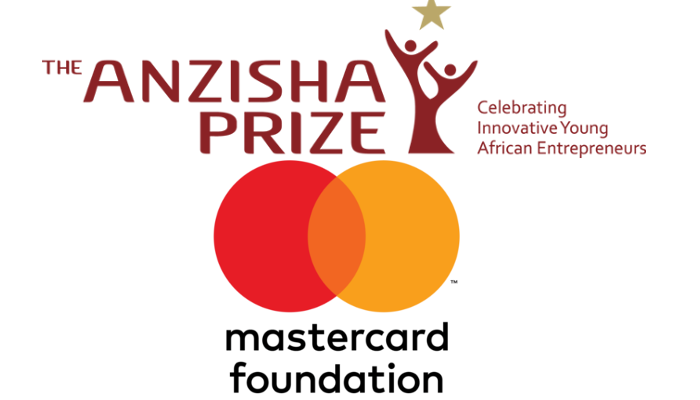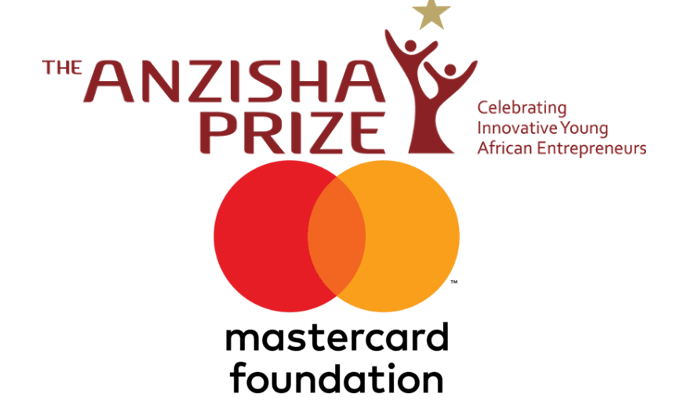The Anzisha Prize a partnership with African Leadership Academy and Mastercard Foundation, is celebrating ten African entrepreneurs whose transitions into entrepreneurship started before the age of 25. The ten inspirational business leaders have been inducted into the Anzisha Prize Hall of Fame for 2020.
The Anzisha Prize is Africa’s US$100 000 premier award that identifies, celebrates and supports the continent’s top young entrepreneurs.Each year,the award celebrates Africa’s youngest entrepreneurs (15 – 22 years) who have developed and implemented innovative solutions to social challenges or started successful businesses within their communities. 20 finalists from across Africa win a spot in a fellowship that will help to accelerate their path to entrepreneurship success.
The Hall of Fame features a diverse group of five female and five male entrepreneurs whose transitions from high school or university into entrepreneurship demonstrates the importance of starting early to shape entrepreneurial careers. The Hall of Fame honorees are entrepreneurs from various industries and represent six African countries, which includes South Africa, Nigeria, Kenya, Zambia, Cameroon and Egypt. Their stories of success and triumphs are a source of inspiration and point of reference for young Africans.
Over the last decade, The Anzisha Prize has celebrated young entrepreneurs and believes that successful transitions from school to entrepreneurship are under-invested. The names on this list exemplify the Anzisha Prize’s longstanding belief that more young people should choose entrepreneurship to help lessen youth unemployment on the continent. While not everyone can be an entrepreneur, but those who are interested should be encouraged and supported in their pursuit.
“As the youth unemployment rate increases and young people battle to find gainful employment, we want to ignite conversations about the support needed for young people to pursue entrepreneurship as a career choice. Educators, parents, investors and policymakers have the power to influence the decisions of young people to view entrepreneurship as an option,” says Melissa Mbazo – Ekpenyong, Deputy Director at Anzisha Prize.
While some of the honorees faced unemployment issues, many of them became entrepreneurs after witnessing a parent run a business on a small scale. At the age of 8, Kenyan entrepreneur Njeri Rionge was ushered into the world of entrepreneurship by selling fruits and vegetables at a busy market in Nairobi. South African entrepreneur Ntuthuko Shezi started out helping his mum sell baked goods. Now at the age of 38, he is currently pursuing his fourteenth business. Both their stories and those of the other Hall of Fame inductees highlight the realities of deviating from traditional career pathways into entrepreneurship.
“The Hall of Fame has been a two-pronged approach. Firstly, we wanted to showcase that the pursuit of entrepreneurship is not something that needs to be done when all else has failed. You can and should start now. Secondly, we want to create African points of reference for young people to feel encouraged that this path of entrepreneurship is a viable choice,” says Didi Onwu, Communications and Stakeholder Relations Associate, who developed the list. While arguments for young people to follow traditional career pathways have created a singular understanding of success, entrepreneurship provides a counter perspective that demonstrates success can be achieved at an early age.
2020 Hall of Fame:
Jessy Bityeki: He followed the traditional path of going to University and finding a job in a corporate company. But at the age of 24, she decided that starting her business was more interesting.
Mutoba Ngoma : At the age of 21, after graduating from University, Mutoba Ngoma took a leap of faith by becoming an entrepreneur. Inspired by a documentary, he was able to delve into the energy sector and build Tapera industries.
Temitope Ogunsemo: From support to monetary investment, Temitope’s entrepreneurial ideas were championed by family first, making his transition from University into entrepreneurship a familial effort.
Njeri Rionge : Njeri Rionge’s primary school days were spent selling vegetables in one of Nairobi’s busiest markets. What entrepreneurial skills did she master to make her the serial entrepreneur that she is today?
Wandile Zondo: After graduating from high school, Wandile Zondo ventured into the world of entrepreneurship. With a vision to revolutionalise township streetwear, he built Thesis Lifestyle.
Rapelang Rabana: In her final year of University, Rapelang Rabana had a taste of the entrepreneurial world by starting a business with friends. Interestingly, this wasn’t her first time starting a business, as she had already been questioning the conventional pathway of getting a job.
Musa Kalenga: While most students were focused on getting good grades in University, Musa and his friends were trying to develop ideas that would make them self-proclaimed bosses. How did a boisterous University student catalyse on his love for business at the age of 20?
Baratang Miya: South African entrepreneur Baratang Miya began experimenting with entrepreneurship at the age of 14. Many years later, she’s inspiring young women and girls to see tech in a different light.
Ntuthuko Shezi: As a primary school student, Nthuthuko Shezi was already an entrepreneur and by the age of 21 had launched his first business. Now on business number 14 and counting, this serial entrepreneur shares how starting early can lead to multiple successes.
Dina el Mofty: After graduating from University at the age of 24, Egyptian entrepreneur Dina el Mofty was on a mission to do something impactful. For this reason, she started her own business, Injaz Egypt.
Read all their profiles at anzisha.org/halloffame









